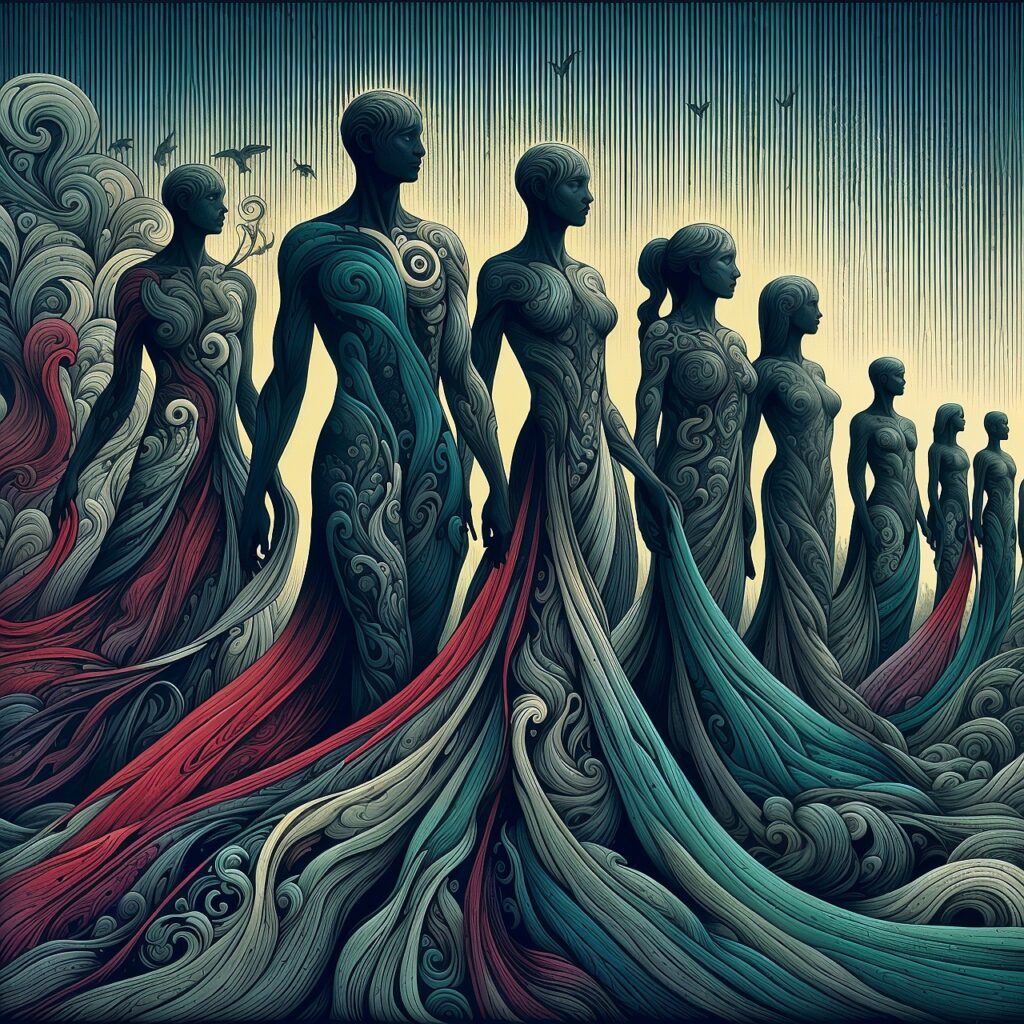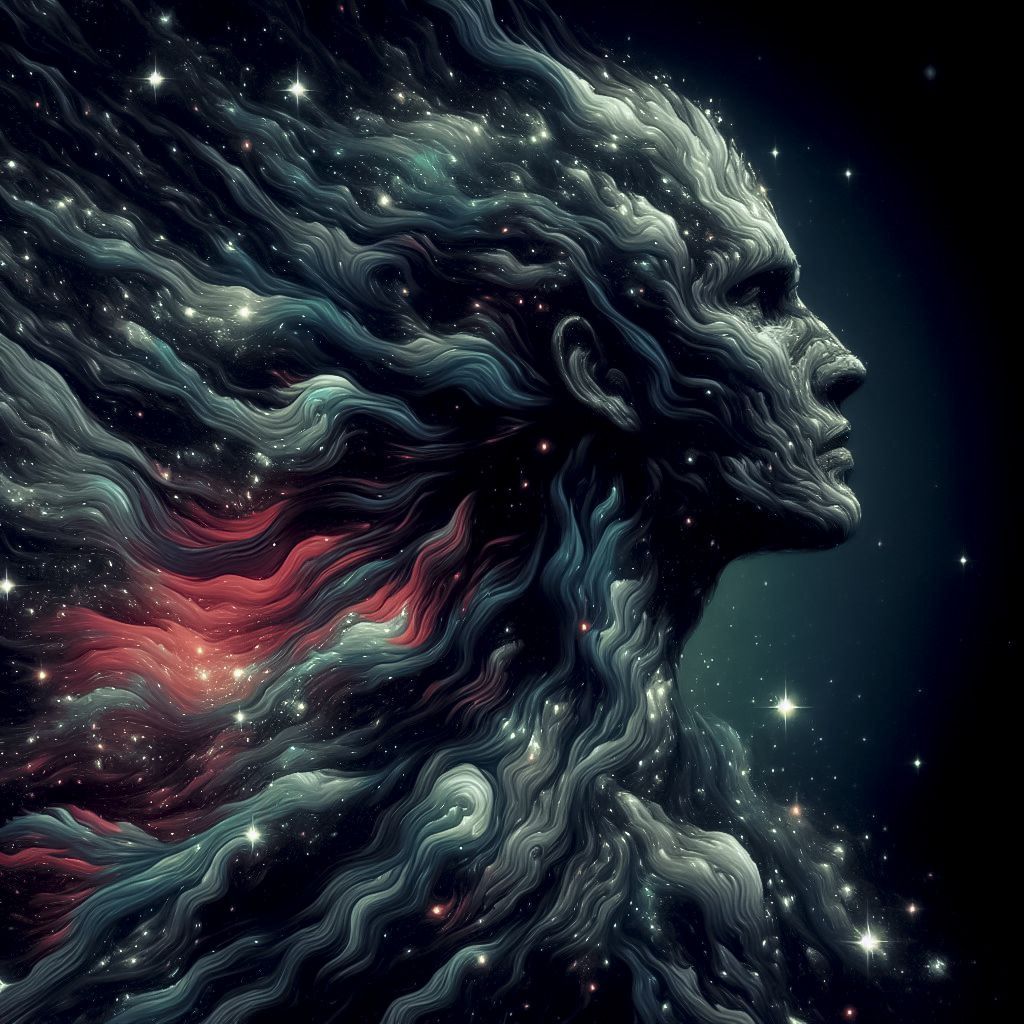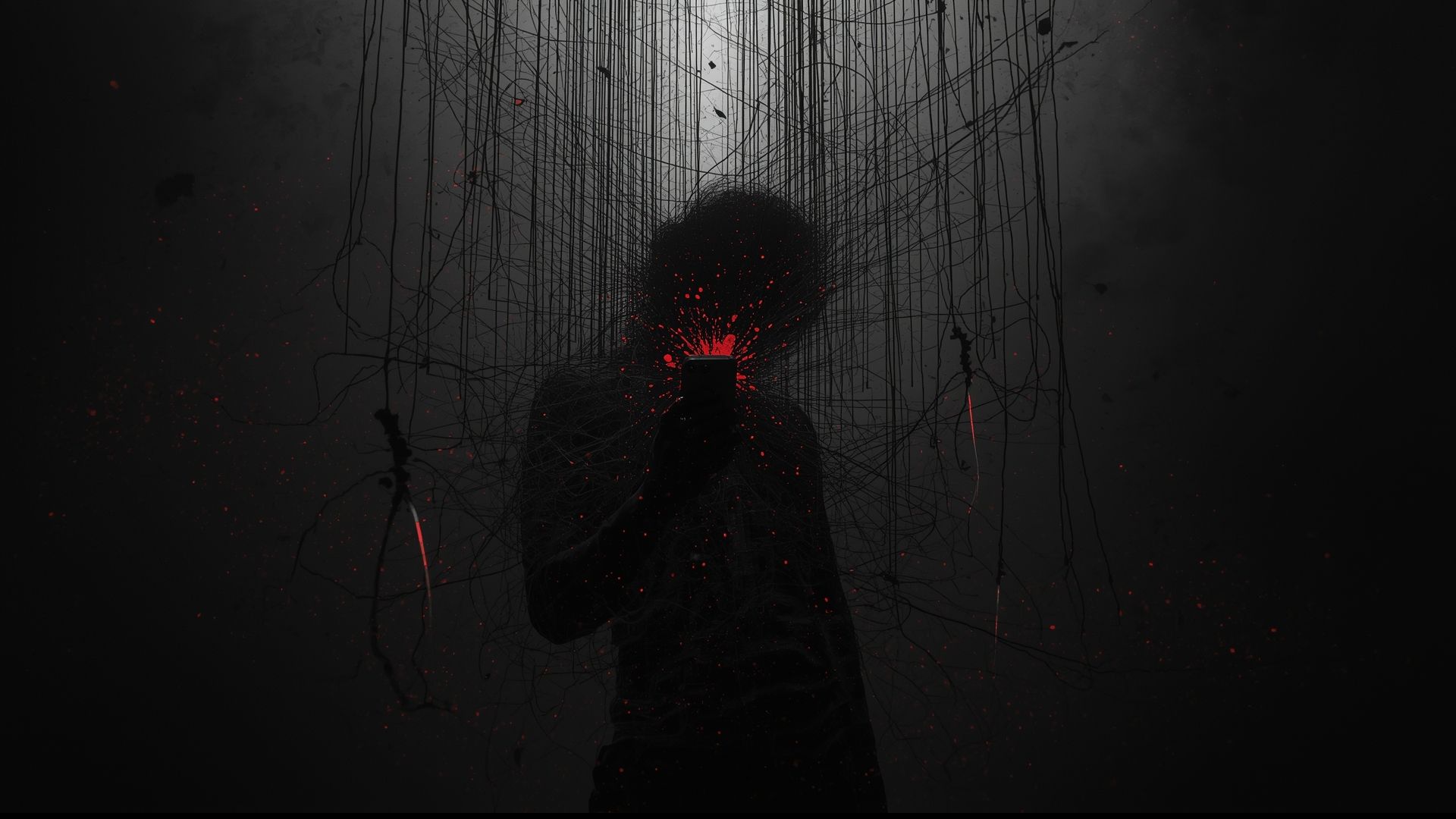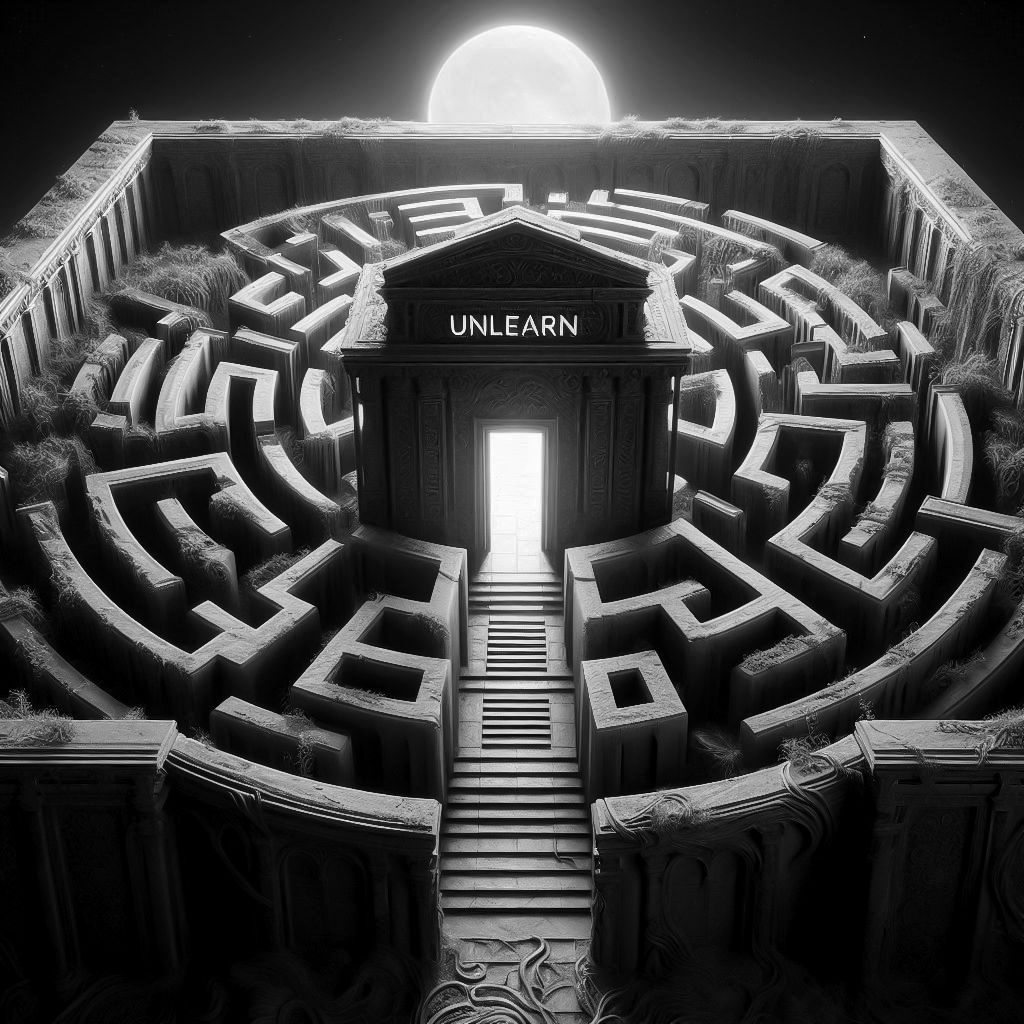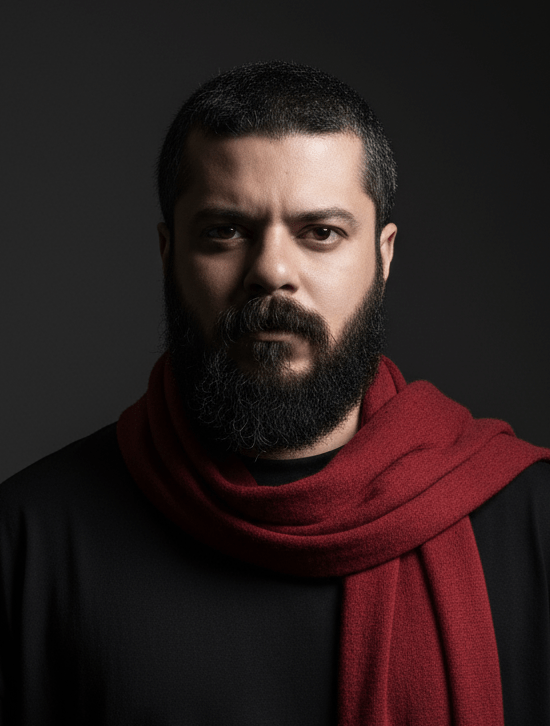In the shadowy corners of our psyche, we all harbor a paradox. The biggest problem of building a community is that every member wants to build their own community. We’re torn between wanting to be an individual, to show our uniqueness, and at the same time, desiring to belong and be part of a community. This delicate balance, this Sisyphean struggle, is an intrinsic part of the human condition. But by understanding this tension, we can navigate it more consciously.
Imagine for a moment, a world where everyone is a solitary island. Each of us, perched atop our private peaks, screaming into the void. Our uniqueness, our individuality, becomes a prison. In the deafening silence of our isolation, we crave connection. We long for the warmth of belonging, for the embrace of a community. But in reaching out, do we not risk diluting our essence? Is it possible to remain unbroken by the collective, to preserve the self in the soup of society?
This dichotomy, this internal war, has roots deep within the annals of philosophy. We yearn to break free, to be our own person, unshackled by the expectations and norms of society. Yet, in our flight towards freedom, we find ourselves inextricably pulled back by the gravitational force of community. It is a cosmic dance, a dance that has been choreographed by the hands of time itself.
The existentialists, those bleak poets of despair, spoke often of the absurdity of our condition. We strive for meaning, for a sense of self, in a universe that offers none. And yet, we find fragments of that meaning in others, in the collective. The tension between individuality and belonging is not merely a social construct but an ontological crisis. In our attempt to define ourselves, we are defined by the other. In our quest to be unique, we find ourselves mirrored in the eyes of our community.
Eastern philosophies, too, have grappled with this conundrum. The teachings of non-dualism tell us that the self and the other are illusions, that we are all part of a greater whole. Yet, this realization does not negate our need for individual expression. It is in the dissolution of the ego that we find true belonging. But how many of us can truly dissolve our egos, can truly let go of the need to be seen, to be heard?
In the crucible of community, we forge our identities. We are shaped and reshaped by the collective, our edges smoothed by the constant friction of interaction. But this process is fraught with peril. The collective can be a voracious beast, consuming individuality in its insatiable hunger for homogeneity. To navigate this peril, we must be vigilant, we must be conscious. We must understand the delicate balance, the tightrope we walk between the self and the other.
In practical terms, what does this mean for us, the seekers of balance? It means embracing the tension, rather than fleeing from it. It means recognizing that our desire to be unique and our desire to belong are not mutually exclusive, but complementary. It means creating communities that celebrate individuality, that foster unique expressions within the collective framework. It means being part of something larger, without losing ourselves in the process.
As we build our communities, we must ask ourselves: Are we creating spaces that allow for true expression, or are we merely constructing new cages? Are we celebrating diversity, or are we enforcing conformity? These are not easy questions, but they are necessary ones. In seeking the answers, we come closer to understanding the paradox of our existence.
In this dance of life, let us not shy away from the tension. Let us embrace it, let us celebrate it. For it is in the interplay of individuality and community that we find the true essence of what it means to be human.

